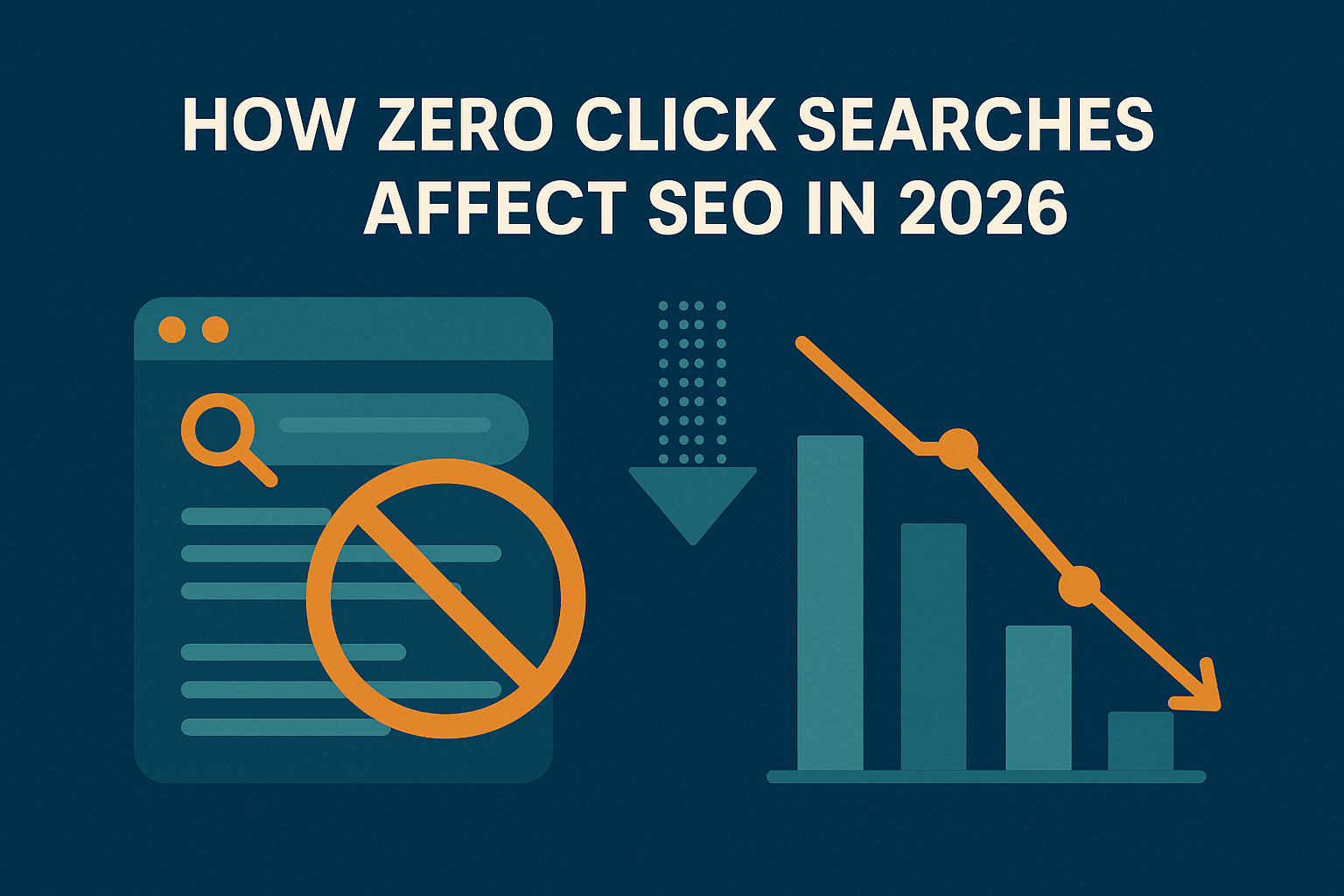The Cost of a Virtual SEO Assistant: Is It Worth It?
In today’s digital-first world, search engine optimization (SEO) is essential for businesses aiming to enhance their online visibility and drive organic traffic. A Virtual SEO Assistant can be an invaluable resource, but understanding the cost and determining whether it’s worth the investment is crucial. This article explores the costs associated with hiring a virtual SEO assistant and evaluates the potential return on investment (ROI).
1. Understanding the Role of a Virtual SEO Assistant
A Virtual SEO Assistant can perform a wide range of tasks, including:
- Conducting keyword research and analysis.
- Optimizing on-page elements such as meta tags, headings, and content.
- Building high-quality backlinks.
- Analyzing website performance using tools like Google Analytics and Search Console.
- Staying updated on the latest SEO trends and algorithm changes.
- Creating and managing content strategies.
These tasks require specialized knowledge and skills, making a Virtual SEO Assistant a cost-effective solution compared to hiring a full-time, in-house expert.
2. Breaking Down the Costs
The cost of hiring a Virtual SEO Assistant varies based on factors such as expertise, location, and the scope of work. Here’s a general breakdown:
- Entry-Level Assistants: $10–$20 per hour. Suitable for basic tasks like keyword research and content optimization.
- Mid-Level Professionals: $20–$50 per hour. Ideal for more advanced tasks, including technical SEO and backlink building.
- Experienced Experts: $50–$100+ per hour. Best for complex projects and competitive industries.
Monthly retainers, often used for ongoing work, can range from $500 to $2,000 or more, depending on the workload and objectives.
3. Additional Costs to Consider
Beyond the assistant’s rate, there may be additional expenses to account for, such as:
- SEO Tools: Many assistants rely on premium tools like Ahrefs, SEMrush, or Moz, which may add to the overall cost if not already provided.
- Content Creation: If your SEO strategy involves creating blog posts, landing pages, or other content, this might require additional investment.
- Technical Fixes: Addressing technical issues may involve hiring developers or purchasing plugins and software.
Understanding these potential costs upfront can help you budget more effectively.
4. Evaluating the ROI of a Virtual SEO Assistant
The ROI of a Virtual SEO Assistant depends on how well their efforts translate into measurable results for your business. Key indicators of ROI include:
- Increased Organic Traffic: More visitors finding your site through search engines.
- Higher Conversion Rates: Improved user experience leading to more sales, sign-ups, or inquiries.
- Improved Rankings: Achieving top positions for high-value keywords.
- Cost Savings: Avoiding the expense of a full-time hire while still accessing expert-level support.
For example, if your assistant’s work leads to a 20% increase in organic traffic and a significant boost in sales, their cost may quickly be offset by the additional revenue.
5. The Value of Expertise
An experienced SEO assistant brings specialized knowledge and insights that can:
- Help you avoid costly mistakes, such as penalties for black-hat SEO practices.
- Identify and capitalize on high-value opportunities faster.
- Optimize your website for long-term growth, ensuring sustained results.
While higher expertise often comes at a premium, the value they deliver can far outweigh the cost.
6. Weighing the Alternatives
When considering the cost of a Virtual SEO Assistant, it’s essential to compare it with alternative options:
- DIY SEO: While cost-effective, it requires significant time and a steep learning curve, which may not be feasible for business owners.
- SEO Agencies: These typically charge higher fees than virtual assistants but offer a team of experts for comprehensive strategies.
- In-House SEO Specialist: Hiring a full-time employee can be more expensive due to salary, benefits, and overhead costs.
A Virtual SEO Assistant strikes a balance between affordability and expertise, making them an attractive option for small to medium-sized businesses.
7. Is It Worth It?
To determine if hiring a Virtual SEO Assistant is worth the cost, consider the following:
- Your Business Goals: If your goals include increasing online visibility, boosting traffic, or improving conversions, a virtual assistant can provide the expertise you need.
- Your Budget: Ensure their rates align with your financial capabilities while leaving room for additional investments.
- Your Time: Delegating SEO tasks allows you to focus on other critical aspects of your business, potentially driving greater overall growth.
Ultimately, the decision depends on your specific needs and priorities.
Hiring a Virtual SEO Assistant is an investment in your business’s online success. By understanding the costs involved and weighing them against potential benefits, you can make an informed decision about whether it’s the right move for your business. With the right assistant, you can achieve measurable results and take your digital marketing efforts to the next level.










